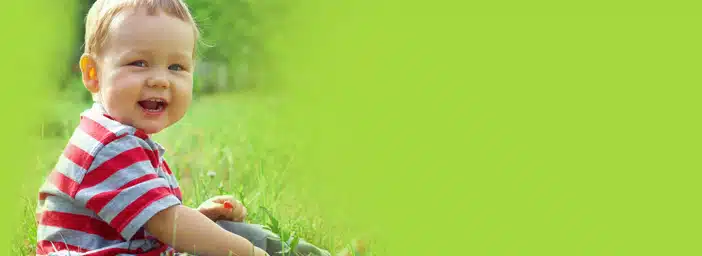Oral health is extremely important for your child’s overall health. Parents can help set the stage for proper oral hygiene and dental health in their kids from a very young age. The things you teach your children now are the same healthy habits they will take with them into adulthood. Keep reading for a few quick tips on dental health and hygiene in young children.
When should a baby visit the dentist for the first time?
Your child should have their first dental appointment by their first birthday or soon after their first tooth appears. This helps ensure that kids get used to visiting the dentist and sets up a strong foundation for good oral health.
After their first visit, kids should see the dentist for checkups and cleanings every six months. With regular dental visits, any potential issues can be identified and treated early on.
When do you start brushing your child’s teeth?
By the time their first tooth erupts, your baby should already be used to the feeling of having their gums brushed. Parents should begin gently brushing their child’s teeth with a washcloth or baby toothbrush from a very early age. Your child will then require assistance with brushing their teeth for several more years, at least until they reach elementary school.
What does proper oral hygiene in kids look like?
Establishing a proper oral hygiene routine from an early age will help set your child up for success later in life. But what does proper oral hygiene in kids look like?
The American Dental Association recommends that kids (and adults) brush their teeth at least two times a day for two minutes each time, ideally once in the morning and again in the evening.
Kids should brush their teeth with a soft-bristled toothbrush designed for their age and use only a pea-sized amount of toothpaste. Your child’s toothbrush should be replaced every three to four months for maximum effectiveness and oral hygiene, or sooner if it shows significant signs of wear.
Cavities in baby teeth can still have an effect on your child’s oral health and the alignment of their permanent teeth, so don’t make the mistake of thinking that your toddler’s tooth decay doesn’t matter. Parents should still take steps to avoid cavities in baby teeth, such as limiting sugary drinks and candy.
.
When can my child brush their teeth on their own?
While every child’s maturity level is different, kids typically need help brushing their teeth until around age six to eight and still require adult supervision between the ages of eight and ten. You want to ensure that they are brushing their teeth long enough, with the right amount of toothpaste, and using the proper technique. Your child will most likely require assistance with flossing until around the age of ten as well.
If you have questions or concerns about your child’s oral health, give your family dentist a call or contact us today to schedule an appointment with one of our friendly pediatricians!



